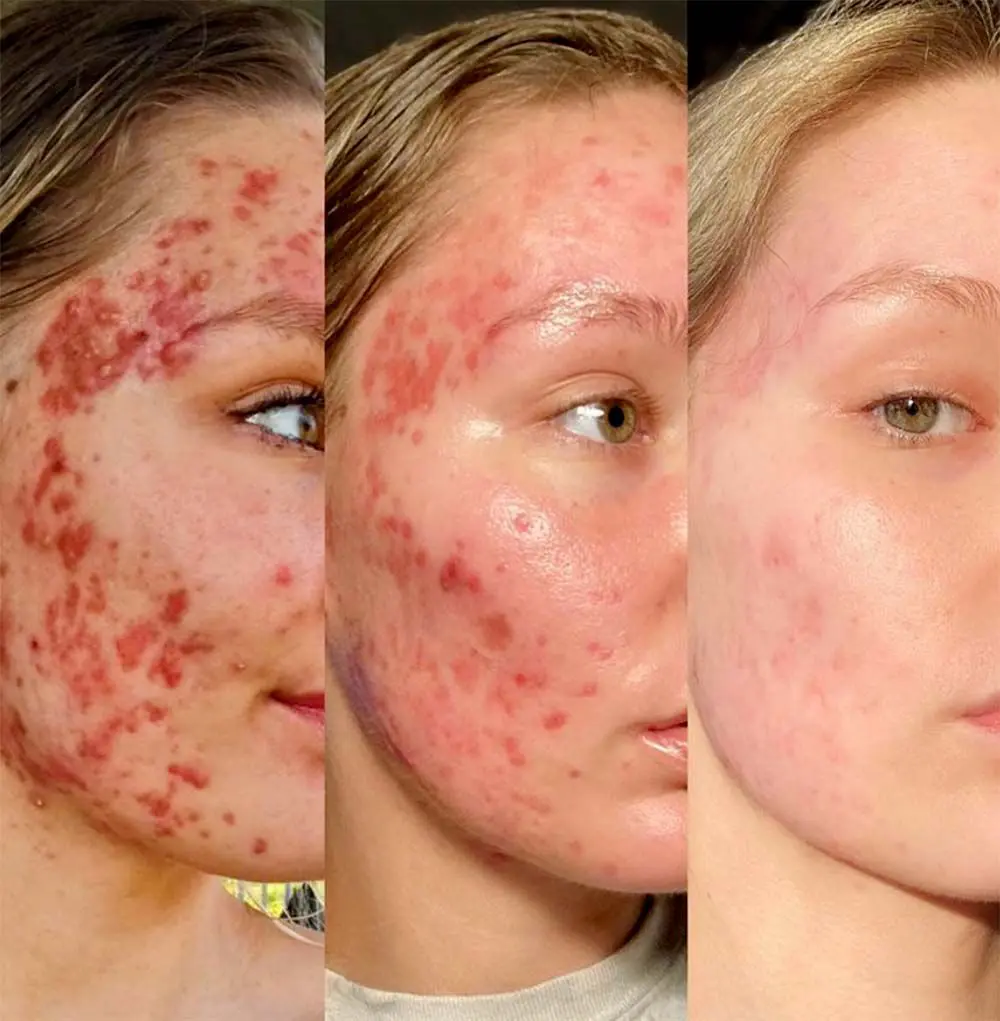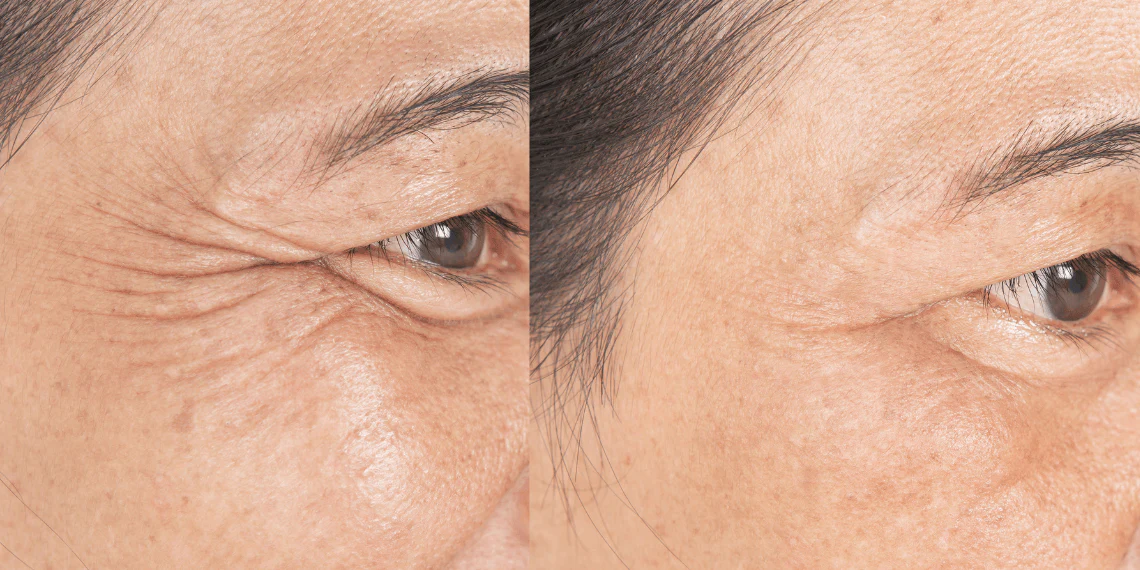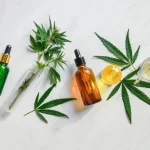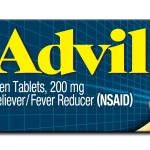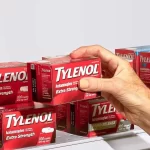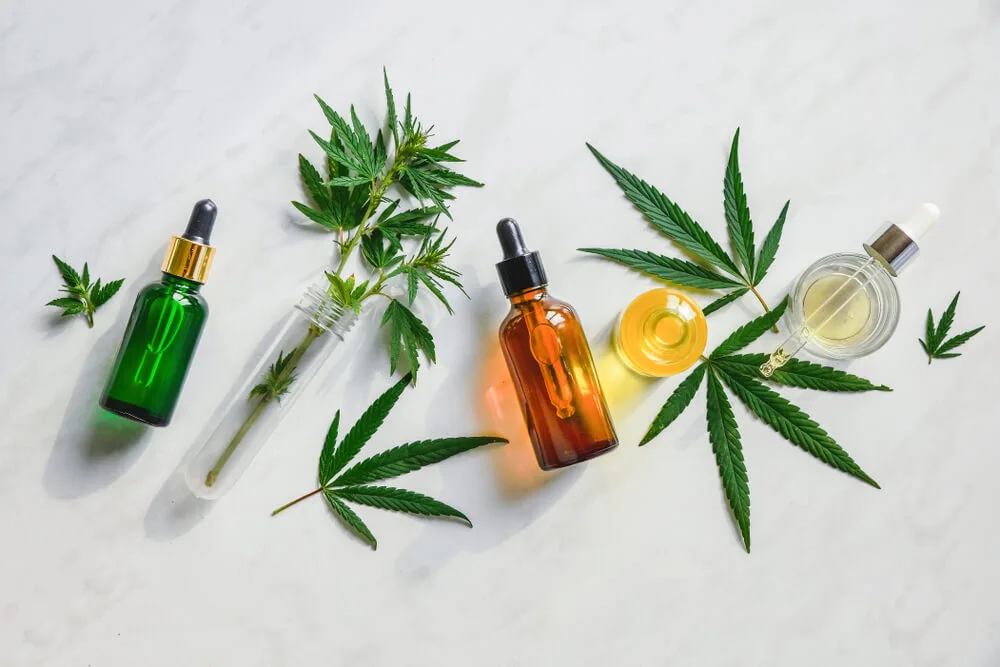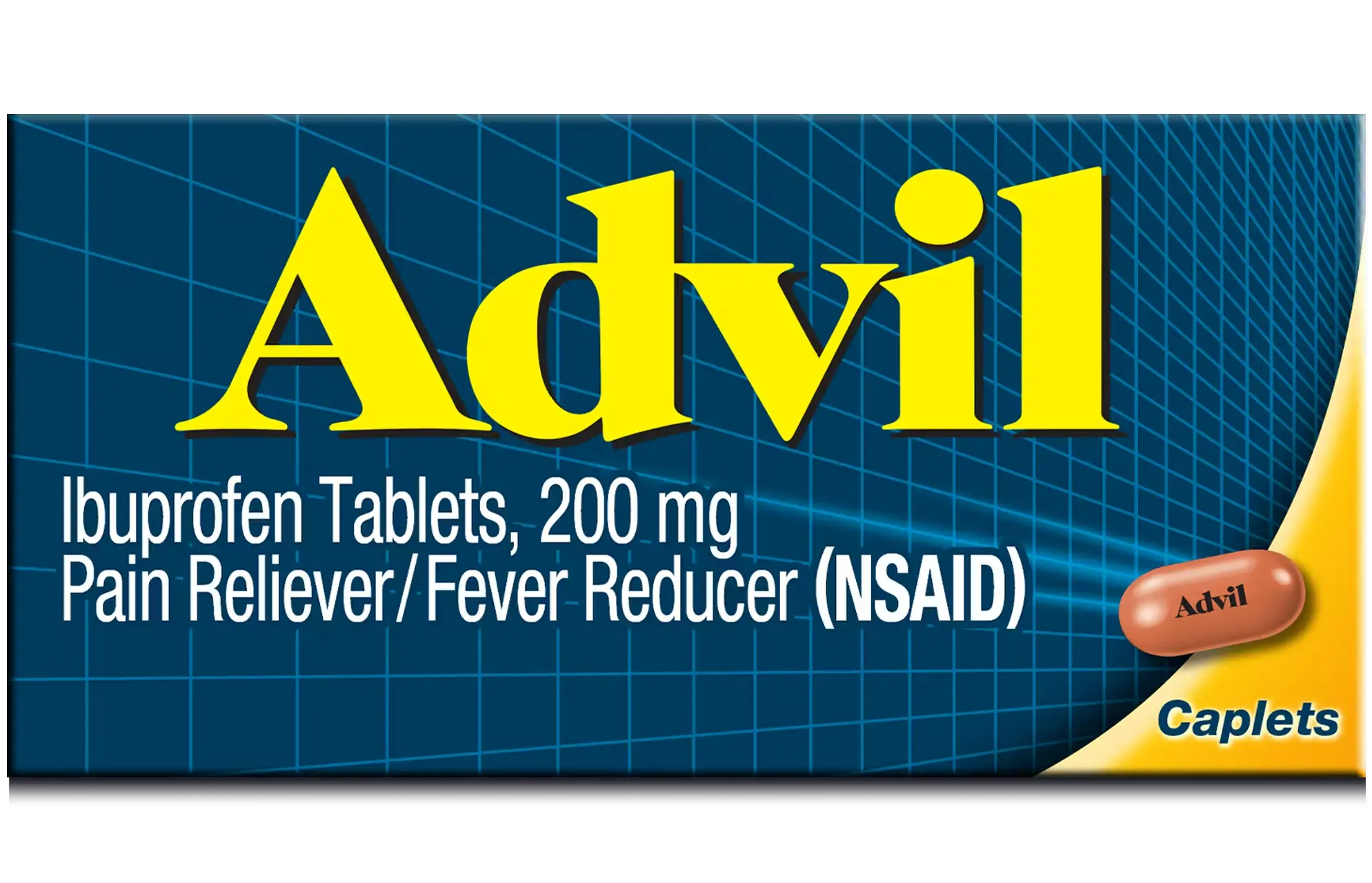The Accutane mechanism of action works by shrinking oil glands, reducing oil production, and unclogging pores that cause acne. As an oral retinoid, isotretinoin changes how skin cells grow and shed. This helps the skin stay clear and healthy.
It also has anti-inflammatory effects that calm redness and swelling while reducing acne-causing bacteria. These combined effects target all leading causes of acne and help patients reach long-term remission, even in severe cases.
At DermOnDemand, board-certified dermatologist Dr. Alicia Atkins leads a team that explains complex dermatologic treatments in clear, patient-focused language. Understanding the Accutane mechanism of action helps patients make informed decisions about their skin health and what to expect from treatment.
Key Takeaways
- Accutane (isotretinoin) works by shrinking sebaceous glands, reducing oil production, and preventing clogged pores that cause acne.
- The mechanism of action of isotretinoin includes regulating skin cell turnover, reducing inflammation, and limiting bacterial growth to achieve long-term remission.
- As an oral isotretinoin, it affects the body systemically, helping to restore healthy skin function through controlled cell renewal and lower sebum output.
- Common side effects, such as dry lips or skin, are temporary, while severe reactions, such as liver or lipid changes, are rare and closely monitored by dermatologists.
- Under Dr. Alicia Atkins’s supervision at DermOnDemand, isotretinoin remains a safe and effective treatment for severe acne when other therapies have failed.
How Accutane Works on Acne
Accutane fights acne from its root causes, not just what is visible on the surface. It lowers oil production, keeps pores clear, and reduces swelling. These actions play an essential role in helping patients who have not improved with other acne treatments.
Isotretinoin Mechanism of Action in Acne: Reducing Sebum and Unclogging Pores
The mechanism of action of isotretinoin focuses on shrinking the sebaceous glands and reducing their oil production. When these glands make less oil, the pores stay cleaner, and acne bacteria have less to feed on.
This reduced sebum production makes skin smoother and helps pimples heal faster. You can read more about how Accutane and oily skin are connected through changes in sebum control.
The effects of isotretinoin include fewer breakouts and calmer skin. Because it works on all acne causes, oil, bacteria, and clogged pores, Accutane often provides long-term improvement and clear skin.
How Oral Isotretinoin Works in the Body
Accutane’s benefits begin after the medicine enters the bloodstream. As an oral isotretinoin, it reaches the oil glands deep in the skin and changes how those cells work.
Systemic Absorption and Cellular Effects
When taken with food, isotretinoin is absorbed well and stored in body fat. Inside the skin, it binds to specific retinoic acid receptors that regulate cell growth. The active form, isotretinoin 13-cis retinoic acid, helps damaged cells repair and removes overactive ones.
It also causes controlled cell death, known as isotretinoin, which induces apoptosis in oil-producing cells. This reduces gland size and oil output, leading to clearer skin.
Doctors usually adjust the dose in mg/kg/day to fit each patient’s needs. This personalized dosing keeps treatment safe and effective while lowering the chance of unwanted reactions.
Anti-Inflammatory and Bacterial Control
Isotretinoin has strong anti-inflammatory properties that help calm redness and irritation. It also changes the skin’s oil balance, making it harder for Cutibacterium acnes bacteria to grow. These anti-inflammatory effects not only reduce pain and swelling but also help prevent future flare-ups after treatment ends.
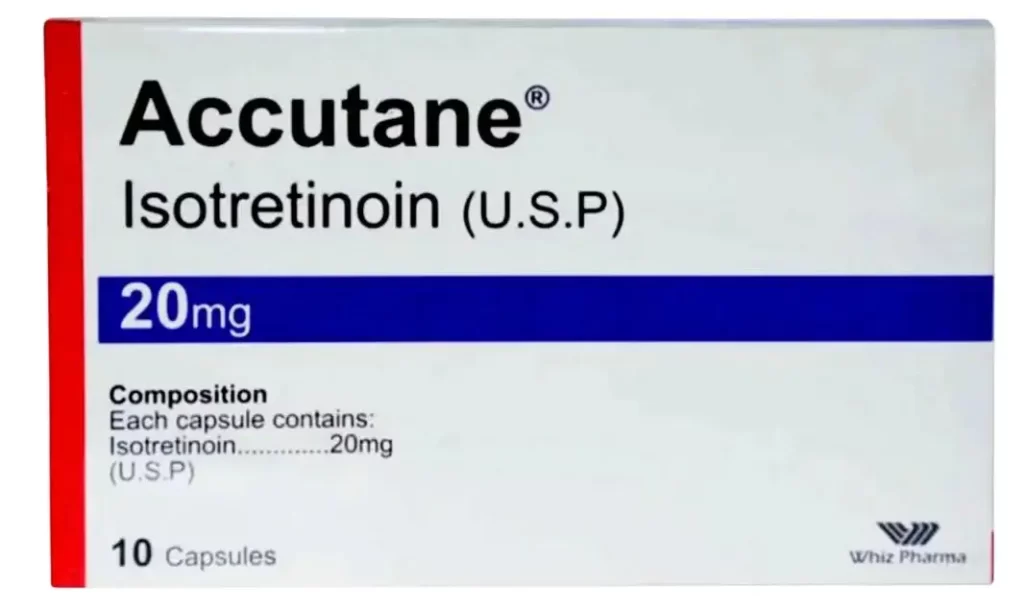
Clinical Use and Patient Guidance
Dermatologists use isotretinoin to treat severe acne that does not respond to other medications. It is beneficial for cystic acne, which can leave scars if untreated.
Isotretinoin, When It’s Prescribed
Treatment of acne with isotretinoin is performed under close medical supervision. Approved by the Food and Drug Administration (FDA), it has been shown to help most patients achieve long-term remission after completing a full course.
Because it works deeply within the skin, only one or two treatment cycles are usually needed. Learn how personalized acne treatment plans at DermOnDemand are designed to help patients achieve lasting results safely.
Is Isotretinoin a Steroid? Understanding Its Class
Some patients ask if isotretinoin is a steroid. It is not. Isotretinoin is part of the retinoid family, which comes from vitamin A. Unlike steroids, it does not weaken the immune system. Instead, it changes how the skin forms and releases oil. This helps patients improve safely without the side effects sometimes linked to steroids.
When Dermatologists Recommend Accutane Over Other Treatments
Dr. Alicia Atkins and the DermOnDemand team often recommend Accutane when creams or antibiotics do not help.
Its intense action on the sebaceous glands and lasting anti-inflammatory effects make it a powerful option for those who need reliable results. Patients usually notice improvements within 2 to 3 months of starting treatment.
Safety Profile and Contraindications
Because isotretinoin is systemically active, doctors must closely monitor patients. Understanding both common side effects and potential side effects helps patients follow the treatment plan safely.
Common and Serious Side Effects
Dry lips and skin, called mucocutaneous side effects, are the most common reactions during isotretinoin treatment. Some patients may also experience mild nosebleeds, joint stiffness, or increased sensitivity to sunlight.
These symptoms are temporary and usually fade after treatment ends. In rare cases, changes in liver enzymes or blood fat levels may occur, which is why doctors monitor patients through regular lab tests to ensure safety. Learn more about isotretinoin side effects and what to expect during treatment.
Studies have discussed a possible link between isotretinoin-induced depression, but this increased risk remains very low. Still, Dr. Atkins advises patients to report any mood or behavioral changes early. Close communication allows the treatment plan to be adjusted quickly if needed, ensuring both safety and comfort.
Key Contraindications and Risk Factors
Isotretinoin must never be used during pregnancy, as it can cause severe congenital disabilities. Women who could become pregnant must follow strict pregnancy prevention steps before and during treatment.
Patients with liver disease, high cholesterol, or a history of vitamin A allergy should also avoid isotretinoin. These safety rules protect patients and help dermatologists deliver results while minimizing risks. Before starting therapy, Dr. Atkins constantly reviews a patient’s medical history and current medications to ensure suitability.
Monitoring Lipids, Liver Function, and Hormones
Regular blood tests are an essential part of isotretinoin care. During treatment, dermatologists track triglycerides, liver enzymes, and hormone levels to confirm the body is responding safely.
If any results change, the doctor may adjust the mg/kg/day dose or temporarily pause the medication. Ongoing checkups play an essential role in preventing complications, protecting long-term health, and ensuring patients complete their course safely.
Dermatologist Insights
How Experts Personalize Treatment Plans
Every patient’s skin is different. At DermOnDemand, Dr. Atkins adjusts isotretinoin doses, schedules, and skincare support to match each case. Weight-based dosing (in mg/kg/day) helps balance strong results with fewer potential side effects. Personalized care makes treatment safer and easier to complete.
What Patients Can Expect During Therapy
Most patients notice dryness before their skin starts to clear. Over time, oil levels drop, inflammation fades, and breakouts stop forming as the Accutane mechanism of action continues to work. After completing the course, many experience long-term remission and lasting confidence in their skin.
Dr. Atkins focuses on safe results and clear communication. With DermOnDemand, patients get trusted, prescription-level care designed to deliver visible improvement and lasting results.
Ready to take control of your acne?
Start your personalized isotretinoin treatment today with DermOnDemand. Get expert guidance from Dr. Alicia Atkins and receive your prescription plan online, no waiting rooms, just precise results.


